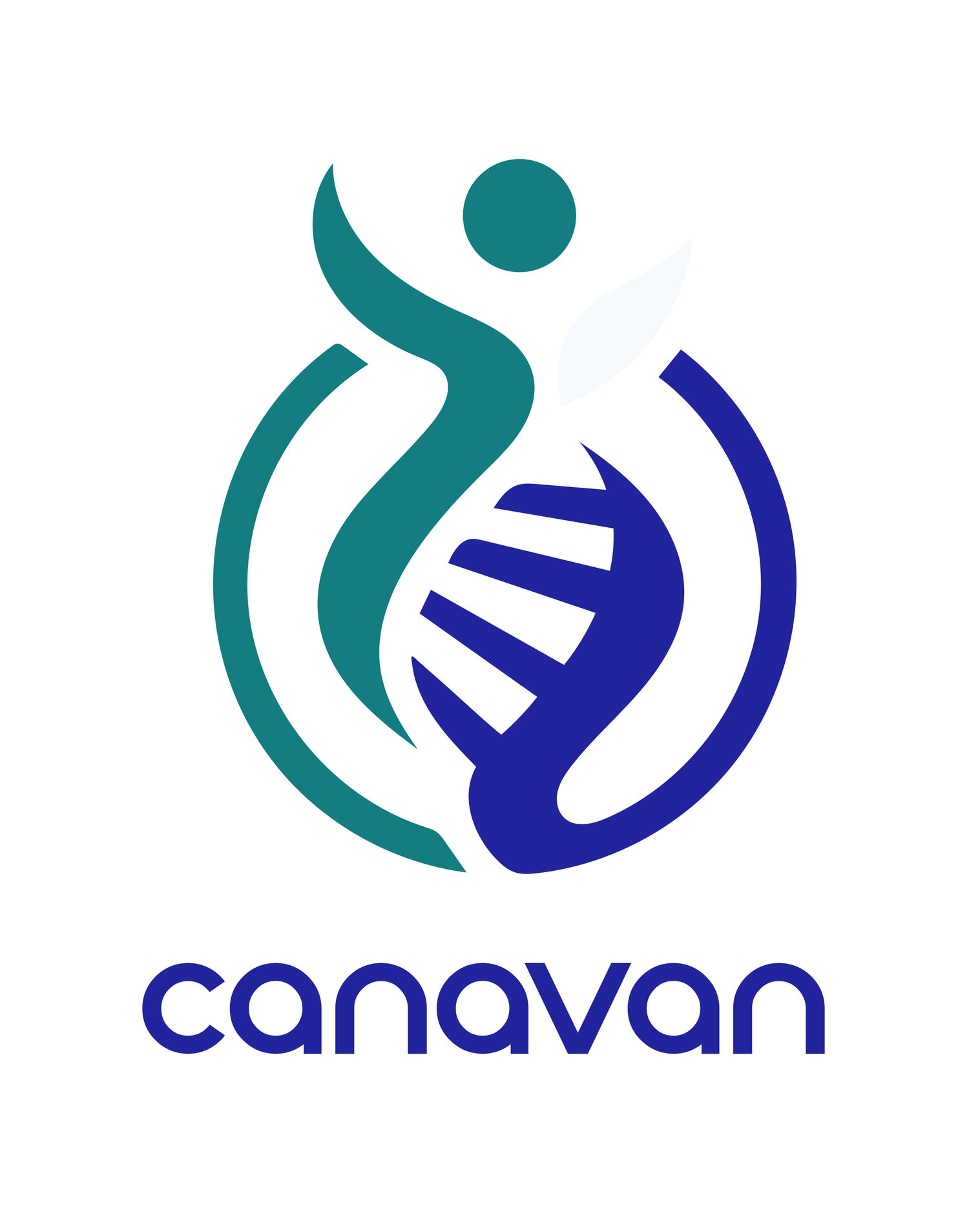CURRENT RESEARCH
The most recent advances have been especially exciting. The first clinical trial partially funded and approved by the Food and Drug Administration (FDA) and the National Institute of Health (NIH), in which a new and more potent viral vector is being used to transport the genes into the brains of Canavan children, is ongoing at the Robert Wood Johnson Medical Center. Many of the children have been monitored, and the parents of each and every child are reporting clinical improvement, as supported by MRI and MR spectroscopy scans. Lindsay Karlin, now twenty two years old and the first child treated in the first trial in 1996, has shown no deterioration since receiving the latest gene vector. Researchers expect to use the findings from this study to apply to research for other, more common diseases, including Parkinson's Disease, Alzheimer's Disease, multiple sclerosis and stroke.
Dr. Leone and her core team began further research on Canavan Disease and gene therapy over a decade ago. Their study spearheaded the first application of viral gene therapy to patients affected by Canavan Disease and reported long-term safety and clinical improvements in patients treated with gene therapy (Leone et al., 2012). In the process, Dr. Leone's team collected valuable natural history data (Janson et al., 2006) that will be used as a benchmark for future Canavan disease clinical trials. Dr. Leone's team is currently testing the most advanced gene therapy vector in the world for Canavan disease,which was recently developed by her collaborators at UNC. Unlike all other gene therapy options, this newest gene therapy vector specifically targets the cells affected in Canavan Disease and holds a real promise for finally curing the disease.
STEM CELL THERAPY
The Canavan Research Foundation is also supporting stem cell therapy, the transplantation of normal neural stem cells into the brain. Stem cells have the potential to develop into any type of cell, and the research teams that we are supporting are currently developing stem cells that will take over for the faulty cells in the brains of Canavan children and produce the enzyme that the children lack. We are focused on identifying and supporting researchers who demonstrate the greatest potential to bring their work to clinical trial in the next two years. Stem cell therapy may also hold the key to curing a host of other diseases, including genetic and degenerative diseases, stroke and traumatic brain and spinal cord injury.
Our objective is to speed up research through private funding so that it may become available as quickly as possible to those who need it - adults and children whose time is running out.
THIS RESEARCH ASSISTS IN CURING OTHER NEURODEGENERATIVE DISEASES
When you support the Canavan Research Foundation, you give hope to all the families struggling with the debilitating effects of Canavan Disease. The research we develop also brings a cure to countless other degenerative diseases that much closer.
Canavan Disease remains our primary focus. But the more our research team learns about the degenerative and rebuilding processes, the more that knowledge can be used toward treatment of other childhood genetic brain diseases, such as Metachromatic leukodystrophy, ALD, Tay-Sachs, Neimann Pick and Krabbe's (to name a few). The stem cell therapy that we support as well may ultimately be used to treat a multitude of other diseases, including Parkinson's and Alzheimer's as well as stroke and traumatic brain/spinal cord injury. Our research is truly on the cutting edge of modern medicine, and with your support, this research may one day make a difference in the life of someone you love.
Please see the following article for information on how gene therapy for Canavan Disease is being used as a prototype for gene therapies for more common diseases.

